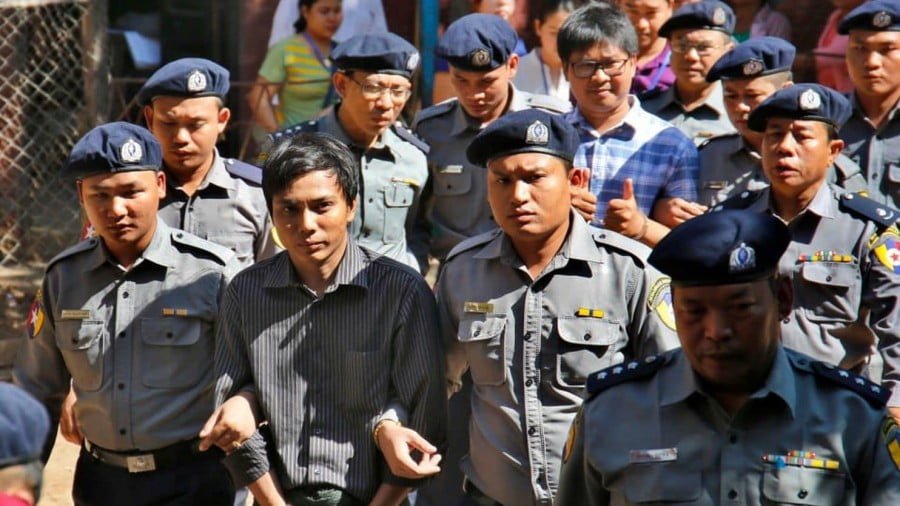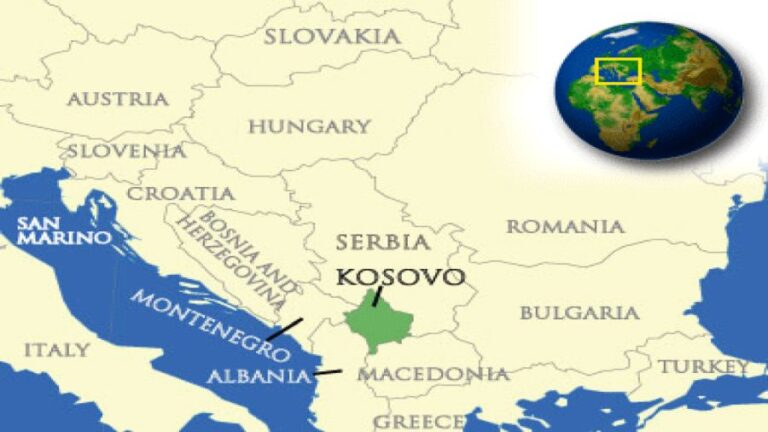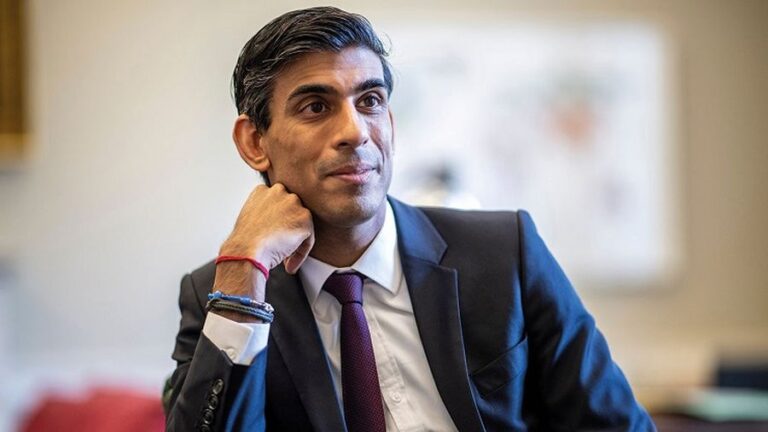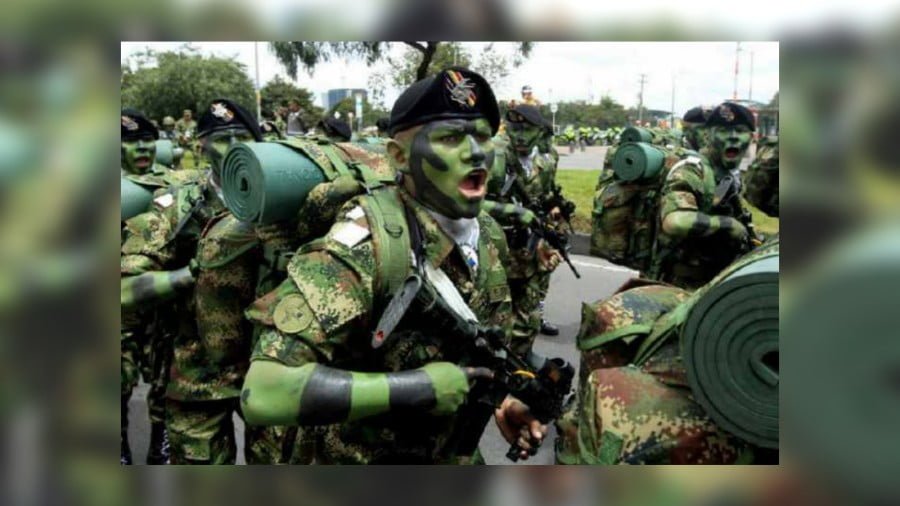Reuters on Trial in Myanmar: Journalism vs. Espionage
The criminal trial of two Reuters reporters in Myanmar has finally begun.
Two young men were arrested late last year immediately after receiving what they thought were secret documents that would prove the military’s complicity in the killing of 10 Rohingyas during last summer’s Hybrid War events in Rakhine State. The government is charging them under the Official Secrets Act that prohibits the handling of secret official documents that “might be or is intended to be, directly or indirectly, useful to an enemy”, which is a vague and potentially all-encompassing description that international press freedom advocates fear is being abused to stifle investigative reporting in the emerging democracy.
The case has since generated global attention because of the Reuters affiliation of the two journalists involved and concerns that they were entrapped by the state, though the prevailing Mainstream Media narrative is leaving out the other side of the story. There’s sometimes a grey zone between journalism and intelligence work, and the government might have had reason to think that its two citizens were being used – whether knowingly or not – to obtain state secrets for their foreign employer in order to harm their country’s interests, which could make this more of a counter-intelligence operation than the entrapment that it’s being portrayed as.
It’ll be important to discover throughout the course of the trial who approached whom first, because if the journalists made the first move and solicited state secrets from undercover government agents and potentially with the intent of proving wrongdoing that could in turn trigger international sanctions, then the state’s case against them will be bolstered. The controversy, however, is that different states have different journalistic traditions, and the US’ liberal standards established during the Vietnam War era and made famous by the Pentagon Papers aren’t practiced in many other parts of the world.
The argument can be made that the so-called “higher good” of “finding out the truth” and “holding the government accountable” should be a global humanitarian norm irrespective if states employ double standards when applying it, but then again, obeying national security requirements is also important for everyone’s safety, or so it’s assumed. The case of the Reuters reporters in Myanmar is essentially a clash between these two principles, with the outcome largely depending on the intent of the accused, if it can be proven beyond a reasonable doubt so as not to inadvertently harm the country’s soft power interests in the process.







